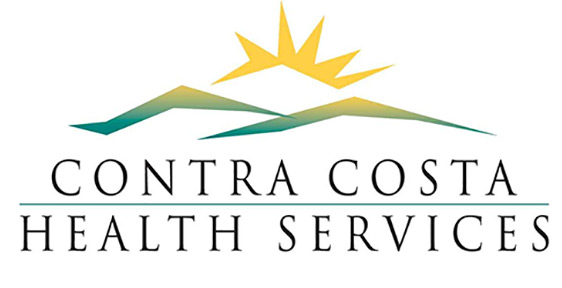Contra Costa Health Services (CCHS) recognizes World Tuberculosis Day on March 24 by encouraging the community to find out if they are at risk for TB and talking to their healthcare provider about testing and treatment.
TB is one of the world’s deadliest infectious diseases, responsible for more deaths each year than HIV/AIDS. In 2016, nearly 1.7 million people died of TB disease, even though TB disease is both preventable and curable.
“Many think TB is a disease of the past, but TB is still with us,” said Dr. Louise McNitt, Tuberculosis Controller with Contra Costa Health Services. “Screening for TB is the best way to protect yourself and your loved ones. The sooner you diagnose it, the earlier you can treat it and cure it.”
More than 2,000 people are diagnosed with TB disease in California every year, making up over 20 percent of all TB disease cases diagnosed across the nation. TB disease can be prevented by testing people with TB risk factors and treating those with TB infection. Nearly 2.4 million Californians have TB infection, but most have not been diagnosed and treated.
“People with TB infection have no symptoms and are not contagious,” said Dr. McNitt. “However they do carry the germ and without treatment they are at risk for becoming sick with TB disease.”
Contra Costa reported 61 new cases in 2017, an increase from 40 in 2016. California Tuberculosis Controllers Association provides an interactive map of California that provides 2016 TB data for all counties.
Symptoms of TB disease can include a cough for more than two to three weeks, shortness of breath, fever, night sweats, unintentional weight loss of at least 10 pounds and coughing up blood. Anyone with TB symptoms should contact their health care provider for diagnosis.
“No one is immune to TB,” said McNitt, “When a person with TB disease coughs, people who share that same air for a prolonged period of time can become infected.”
CCHS continues to find and treat TB infection and TB disease by partnering with providers in the community to diagnose and treat people with TB. It also provides case management to ensure complete TB treatment and conducts investigations to control the spread of the disease.
People at high risk for TB infection or progression to TB disease include those who have traveled to or lived in a country with an elevated TB rate for at least one month, are immunosuppressed or have come in close contact to someone with infectious TB.
TB screening and treatment are essential to wipe out TB. If you have a risk factor for TB or are unsure, ask your health care provider about testing and treatment.


1 comment
There is a strain for TB for which there is no cure .. and guess how it got here?
Comments are closed.